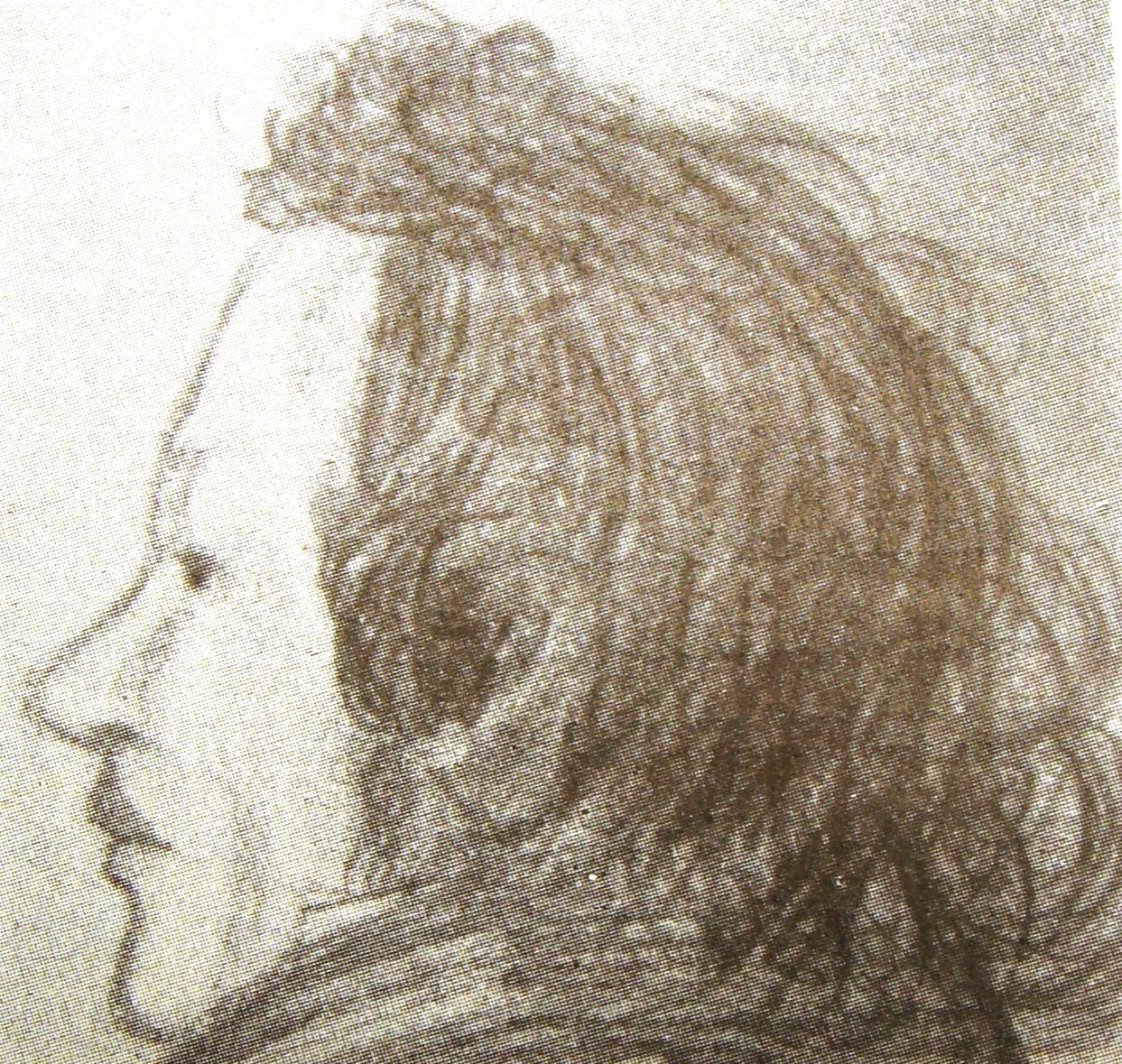Swedish philosopher who said that the greatest value is the mind: Who is Nils Frederik Biberg?
According to him, man is a being equipped with reason and is the center of the universe. The human personality is above all values, and it is the mind he carries that gives him this superiority.

(1776-1827) Swedish philosopher. He argued that man has a superior value due to his personality, and defended the view that the only ability in solving problems is reason. There is not enough information about his life, youth, and education. The available sources only give information about his thoughts and tasks. According to this information, Biberg, a faculty member at Uppsala University, focused all his thoughts on human existence and argued that human personality is a universal, superior, and real value. According to him, a human is a being equipped with the reason above social relations, being the center of the universe, human personality is above all values, and it is the intelligence he carries that gives him this superiority. The reason is an individual power separate from the faculty of perception. Reason has content that precedes experience and is embodied in its supersensible nature. However, this content is not clear in its source, it is blurry. The task and aim of philosophy is to make this content as clear as possible, to make it intelligible.
The reason is finite but includes the entire supersensible universe, this feature of which derives from its divine content. The reason is able to “find God in man, man in God” because of its power of understanding. The reason, which has a content contrary to the structure of objects in time and space, is the intuition of the divine being. It is because of this quality that he comprehends the supersensible universe. The reason is “believe” because of this feature. Understanding is a lively and active instrument of the mind. Belief can be ignorant, but without a faith-mind connection, knowledge of philosophy is out of the question.
Another important issue that Biberg emphasizes is morality. According to him, morality is also based on intuition. Therefore, morality is the individual's creation of his own private will from the divine will. This is why morality is divine.
